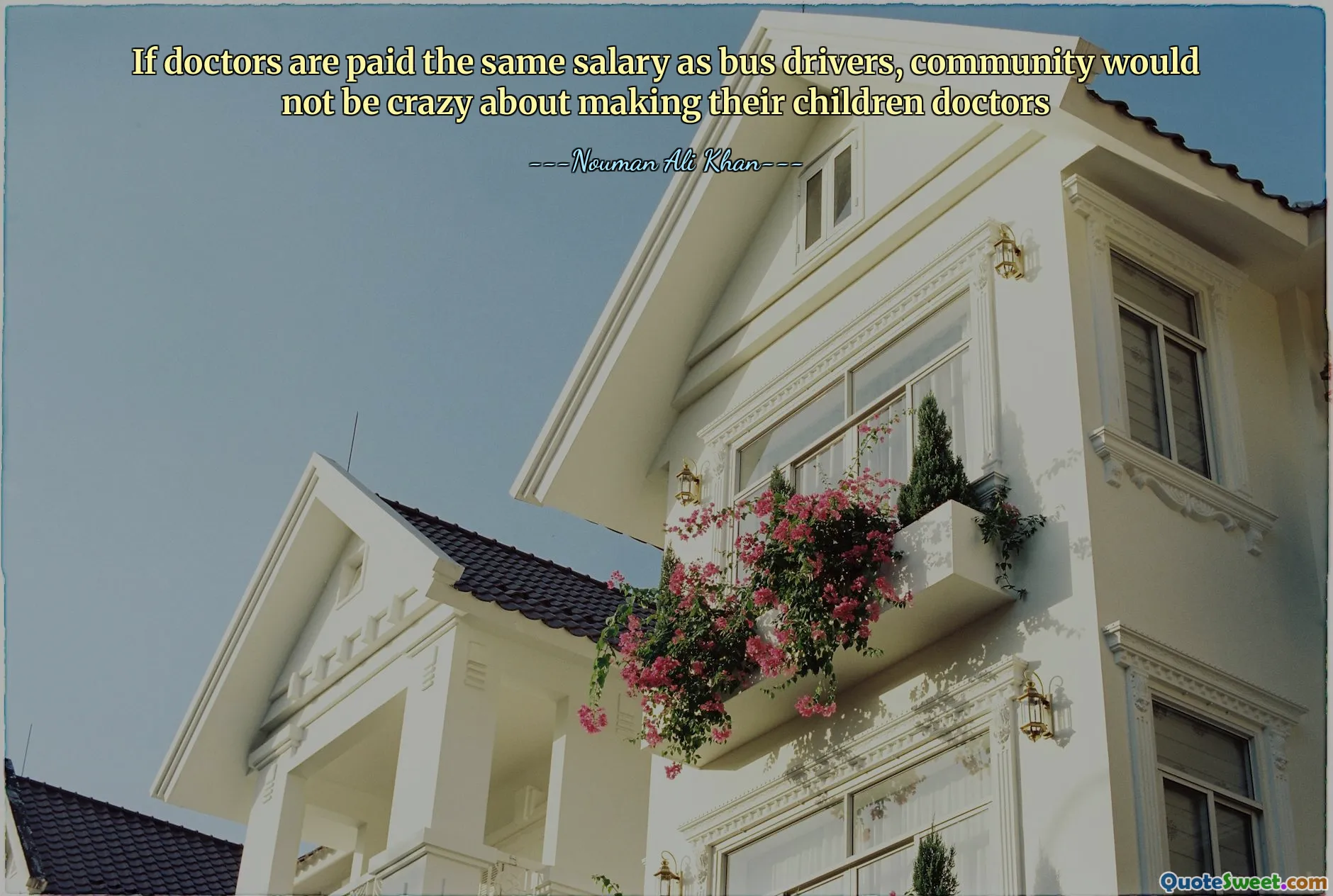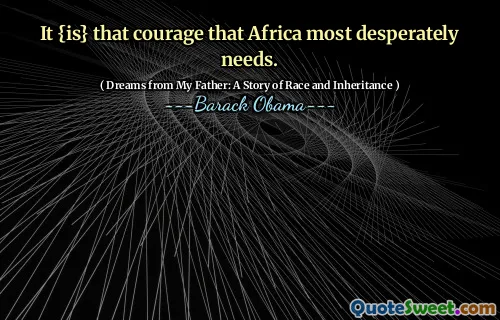
If doctors are paid the same salary as bus drivers, community would not be crazy about making their children doctors
This quote highlights a profound observation about societal values and perceptions of different professions. When a profession is highly respected and financially rewarded, it naturally attracts children and young adults who see it as a prestigious and desirable career. Medicine, for example, often commands high salaries and social respect, motivating many to pursue it despite the rigorous education and dedication required. Conversely, if comparable remuneration were given to less prestigious roles like bus drivers, the societal perception and aspiration to become a doctor could diminish. This reflects how economic incentives considerably influence career choices and societal hierarchy. It also questions the real worth we assign to different types of work—doctors save lives and improve health, yet their work is often undervalued in monetary terms in many societies. When people see that every profession is appreciated and adequately compensated, regardless of ‘prestige,’ it could lead to a more equitable and empathetic society, with less criticism or unrealistic expectations about career paths. Moreover, the quote prompts us to think about how societal respect isn't solely about paycheck size but also about the individual's contribution to society. If society valued all professions equally, we might foster a culture where children aspire based on purpose and passion rather than solely on monetary reward or societal approval. Ultimately, this quote challenges us to rethink our values and the true meaning of respect and worth in our communities, emphasizing that dignity in work transcends monetary compensation.










